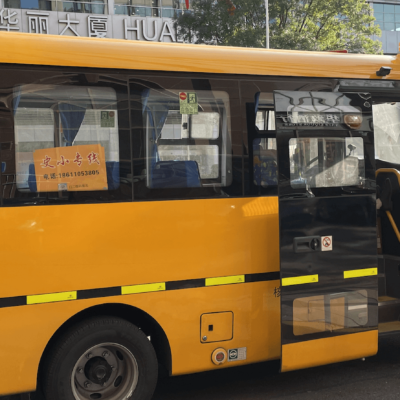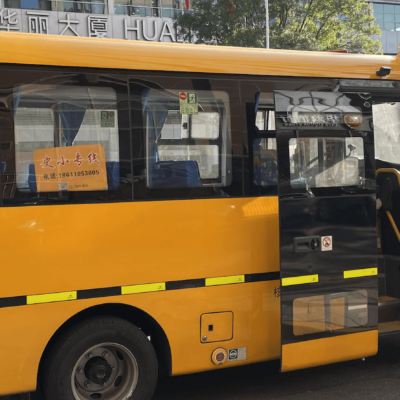In Australia, Asian languages are often thought of as a way of doing business with Asia and boosting employability for students. But does this reflect what learners of Asian languages gain from the experience?
To coincide with the release of Melbourne Asia Review’s Edition 13, we are inviting various users of Asian languages to talk about their learning and how it has enriched their perspectives.
This webinar will bring together teachers and students of Asian languages to reflect on how learning Japanese, Chinese, Korean, Indonesian and Arabic languages has changed their worldview through learning more about beliefs, history and values – fostering learners’ sensitivity and reflexivity.
Panellists
Melissa Conley Tyler, Honorary Fellow, Asia Institute.
Melissa Conley Tyler brings a track record of decades of experience in Australian foreign policy to her role with the Asia-Pacific Development, Diplomacy & Defence Dialogue. She has extensive experience establishing and sustaining Australia-Asia engagement through Track II dialogues involving government officials, academics, media and business. She is a lawyer and specialist in conflict resolution, including negotiation, mediation and peace education, who worked as program manager of the University of Melbourne’s International Conflict Resolution Centre and Senior Fellow of Melbourne Law School. Melissa is a prolific commentator with expertise in Australian foreign policy, Australia’s key relationships across Asia and the practice of diplomacy.
Dr Jun Ohashi, Japanese Studies Convenor, Asia Institute.
Jun Ohashi is Senior Lecturer in Japanese Studies at The University of Melbourne. His ongoing research interests include interpersonal pragmatics, (im)politeness, critical discourse analysis, media literacy and linguistic rituals.
Dr Bo Hu, Education Programs Coordinator at Asia Education Foundation, Asialink.
Dr Bo Hu has great expertise in language teaching and research. His PhD research investigated Australian-born Chinese young people’s multilingual experiences and identity positioning. Bo had over ten years of teaching Mandarin Chinese in Australia and the UK.
Dr Edwin Jurriëns, Associate Professor In Indonesian Studies, Asia Institute.
Associate Professor Edwin Jurriëns is Convenor of the Indonesian Studies program at the Asia Institute of the Faculty of Arts, The University of Melbourne. Edwin’s research, teaching and engagement interests are in contemporary art, media, culture, language and society in Asia, particularly Indonesia.
Jasmine Barrett, PhD candidate, The University of Melbourne.
Jasmine Barrett is a PhD candidate at the University of Melbourne where her research focuses on people with disabilities in North Korea. She started learning Korean in year 7 at McKinnon Secondary College, a state school in Victoria. She also learned Spanish and Chinese (Mandarin) as an adult.
Penny Vakalopoulos, Honours student in Arabic Studies, The University of Melbourne.
Penny Vakalopoulos is an Honours student in Arabic Studies at the University of Melbourne. During her undergraduate degree she majored in Arabic and minored in Indonesian, and has spent time studying both languages overseas in their native environments. She is currently in Morocco for the second time, finishing coursework to be credited towards her Honours degree and scoping out potential areas for further postgraduate study in the region. She has been immersed for many years now in the study of Asian languages and cultures at their western and eastern extremities – from Morocco to Indonesia – and is continuously amazed by the extent to which her decision to learn Arabic and Indonesian has so thoroughly shaped her trajectory and transformed her way of thinking.
Main image: Two women in Tokyo. Credit: Mat Kedzia/Pexels.




